Succeeding Postmodernism —— Language and Humanism in Contemporary American Literature
----- 成功的后现代主义
While critics collect around the question of what comes "after postmodernism," this book asks something different about recent American fiction: what if we are seeing not the end of postmodernism but its belated success? Succeeding Postmodernism examines how novels by DeLillo, Wallace, Danielewski, Foer and others conceptualize threats to individuals and communities posed by a poststructural culture of mediation and simulation, and possible ways of resisting the disaffected solipsism bred by that culture. Ultimately it finds that twenty-first century American fiction sets aside the postmodern problem of how language does or does not mean in order to raise the reassuringly retro question of what it can and does mean: it finds that novels today offer language as solution to the problem of language. Thus it suggests a new way of reading "antihumanist" late postmodern fiction, and a framework for understanding postmodern and twenty-first century fiction as participating in a long and newly enlivened tradition of humanism and realism in literature.
{{comment.content}}
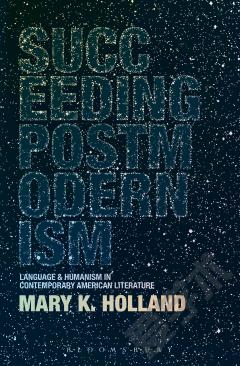
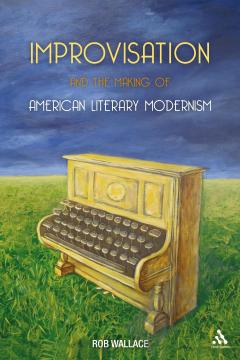
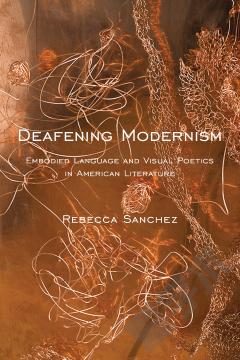
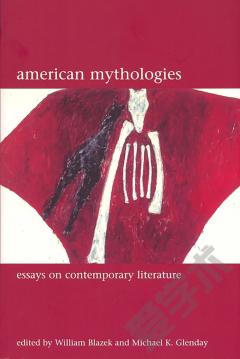


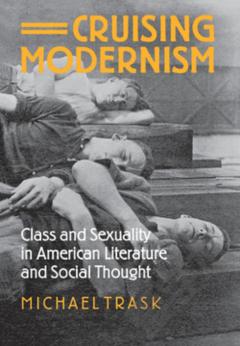

 京公网安备 11010802027623号
京公网安备 11010802027623号